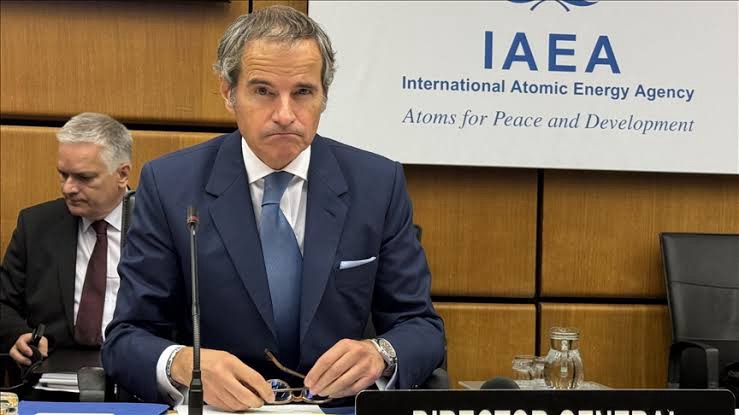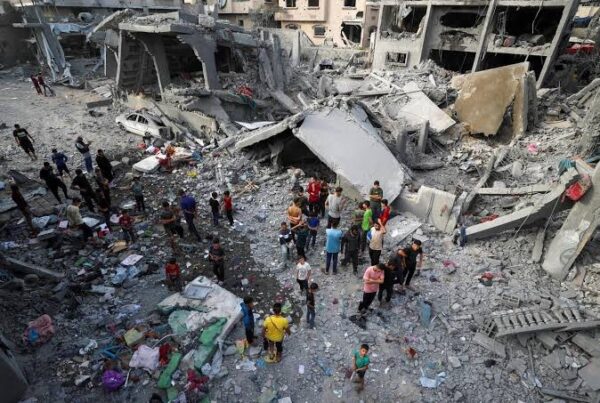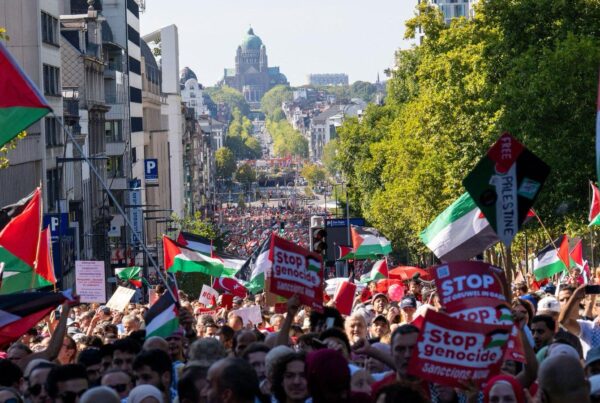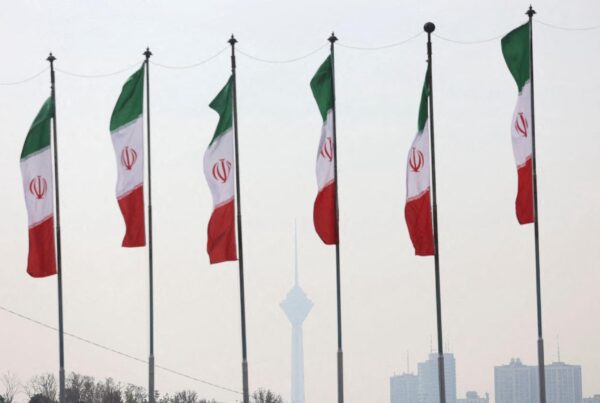Iran is once again in the global spotlight after announcing the resumption of talks with the International Atomic Energy Agency (IAEA) over its nuclear program. The Tehran government stressed that it will keep communication channels open in the coming days to discuss issues of uranium enrichment transparency and limited access to nuclear facilities.
International Pressure on Iran’s Nuclear Program
This announcement comes amid growing global concerns over Iran’s nuclear activities. Since the United States withdrew from the Joint Comprehensive Plan of Action (JCPOA) in 2018, Iran has expanded its uranium enrichment capacity beyond the permitted limits. This situation has drawn sharp criticism from the international community, which fears Iran is edging closer to enrichment levels that could be used for nuclear weapons production.
In several reports, the IAEA has highlighted restricted access for its inspectors at certain Iranian facilities. These limitations have fueled doubts about Iran’s commitment to transparency and compliance. However, Iran has repeatedly insisted that its nuclear program is purely for peaceful purposes, particularly in the fields of energy and medicine.
Tehran’s Position in Negotiations
Iran’s Foreign Ministry spokesperson, Esmaeil Baghaei, stated that Tehran is ready to continue technical discussions with the IAEA. According to him, communication is essential to prevent misunderstandings and maintain regional stability. Baghaei also emphasized that Iran is not closing its doors to inspections, but expects a fair process free from political bias.
This stance reflects Iran’s diplomatic strategy to maintain bargaining power. By resuming talks, Iran seeks to demonstrate a commitment to diplomacy while also pressuring Western nations to refrain from imposing tighter sanctions.
Global Reactions and Impact
The tension surrounding Iran’s nuclear program has wide-reaching implications for global geopolitics. European countries continue to push Iran to return to JCPOA compliance, while the United States under its new administration has sent mixed signals, balancing pressure with negotiation offers. Israel and Saudi Arabia, two of the most vocal opponents of Iran’s nuclear ambitions, argue that any leniency toward Iran poses a threat to regional security.
Beyond politics and security, these developments also affect the global economy. Instability in the Middle East frequently disrupts oil prices worldwide. As a major energy producer, Iran plays a critical role in ensuring supply stability. Any escalation in political tension inevitably triggers volatility in international markets.
Challenges Ahead for the IAEA
The IAEA faces a significant challenge in ensuring Iran’s nuclear transparency. The agency has demanded full access to enrichment facilities, but Iran often restricts inspections citing national sovereignty. The upcoming negotiations are expected to focus on two key issues: inspection mechanisms and uranium enrichment limits.
For the IAEA, ensuring that Iran’s program remains on a peaceful track is crucial to easing global concerns. If talks fail to produce concrete agreements, international pressure on Iran is likely to intensify through economic sanctions or tougher diplomacy at the United Nations Security Council.
Relevance for Indonesia and the World
As a country committed to international peace, Indonesia has a stake in this issue. Stability in the Middle East directly impacts global energy prices, which in turn affects the national economy. Moreover, IAEA’s involvement highlights the vital role international institutions play in maintaining order through diplomacy and rigorous oversight.
For the global community, these developments serve as a reminder that diplomacy remains the primary path to resolving nuclear disputes. Every decision made in these negotiations will shape political, security, and economic balances across continents.




